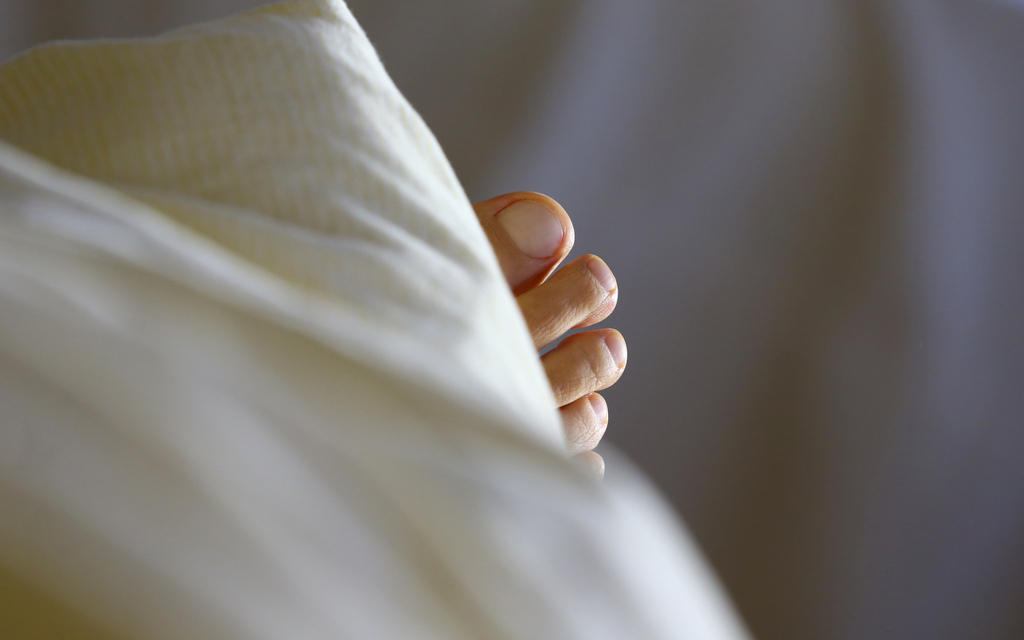Siestas once or twice a week may cut heart attack risk by half

A daytime nap taken once or twice a week could halve the risk of a heart attack or stroke, according to new research. But no such link was established for more frequent siestas or napping duration.
What are the beneficial effects of having a daytime snooze? Their impact on the heart has been researched in detail but many published studies have not examined the question of frequency.
New research published in the British Medical Journal (BMJ) Heart publicationExternal link looked at the relationship between napping frequency and average nap duration and the risk of fatal and non-fatal cardiovascular disease incidents, such as heart attack, stroke, or heart failure.
Analysing the results from 3,462 randomly selected residents aged 35-75 who live in Lausanne in western Switzerland, the researchers found that occasional napping, once to twice weekly, was associated with an almost halving in attack/stroke/heart failure risk (48%) compared with those who didn’t nap at all.
But no association was found for more frequent siestas or napping duration, the researchers said.
For the study, participants were registered between 2009 and 2012 and their health was monitored for an average of five years. During the monitoring period, there were 155 fatal and non-fatal cardiovascular disease ‘events’.
During interviews, over half (58%) of the participants said they hadn’t napped during the previous week; around one in five (19%, 667) said they had taken one to two naps; around one in ten (12%, 411) said they had taken three to five; while a similar proportion (11%, 370) said they had taken six to seven.
Fans of daytime siestas (3-7 naps a week) tended to be older, male, smokers, weigh more, and sleep longer at night than those who said they didn’t nap during the day.
The authors of the study published online in the journal Heart, said: “The study of napping is a challenging, but also a promising field with potentially significant public health implications. While there remain more questions than answers, it is time to start unveiling the power of naps for a supercharged heart.”

More
Rocking improves both sleep and memory

In compliance with the JTI standards
More: SWI swissinfo.ch certified by the Journalism Trust Initiative



You can find an overview of ongoing debates with our journalists here. Please join us!
If you want to start a conversation about a topic raised in this article or want to report factual errors, email us at english@swissinfo.ch.